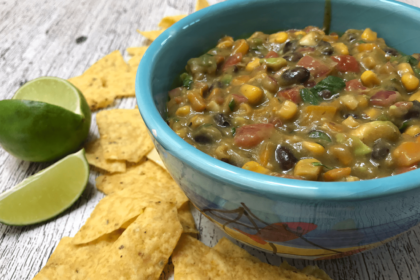Constipation is not a subject that many of us like to talk about. But let’s face it, everyone gets constipated at one time or another, and it can be pretty painful, uncomfortable, and frustrating.
Here are some ways to help keep you moving!
1. Get some exercise. Your intestines are muscles too. When you work out, you’re doing more than just toning your muscles and strengthening your heart.
Bowel movements occur when the muscles of your intestinal tract contract. When exercising aerobically, your heart and breathing rates increase, which help your intestinal muscles contract.
Well-toned intestinal muscles contract well and are able to move food through the tract efficiently and naturally.

2. Rest after a meal. The slower your food moves through your intestinal tract, the more water is absorbed from the stool into your body.
This leads to stools that are hard and dry and much more difficult to pass.
Exercise helps get muscles moving, but it’s best to wait an hour after eating before exercising.
When you eat, blood flow increases to your gut to help digest the food you just ate. When you exercise, blood flow increases to your heart and muscles.
The amount of blood that’s delivered to your stomach and intestinal muscles directly affects the strength of their contractions. So, when you exercise soon after eating, your GI tract gets less blood, resulting in weak GI tract contractions and sluggish bowel movements.
3. Pick a time and method. Anything that gets you up and moving is a great exercise for constipation. Walking regularly is a good way to get physical.
If you’re not in condition or you can’t find long stretches of time to walk, try walking 10 to 15 minutes several times a day. Other good aerobic exercises for the already fit include swimming, dancing, jogging, and running.
4. Calm down. Stretching can help relax abdominal muscles that support the intestines. Sometimes emotional stress is the cause of your tension. Yoga, with its many stretching positions, can help alleviate tense muscles and offer relaxation techniques.
5. Consider other factors. Constipation isn’t just a matter of needing to exercise and eating more fiber although it can help. Diabetes, thyroid conditions, Parkinson’s disease, stroke, pregnancy, certain medications, and cancer can also be culprits.
6. Make an appointment. Constipation can be a sign of something more serious. See your doctor if you have:
- Blood in your stool
- Never experienced constipation before
- Constipation lasting two weeks or more
- Lost weight and you’re not dieting
- Severe pain with bowel movements
![]() Karen’s Fit Tip: Although constipation is one of the most common gastrointestinal issues among people of all ages — it’s not just limited to seniors. Be cognizant of other symptoms and conditions.
Karen’s Fit Tip: Although constipation is one of the most common gastrointestinal issues among people of all ages — it’s not just limited to seniors. Be cognizant of other symptoms and conditions.





